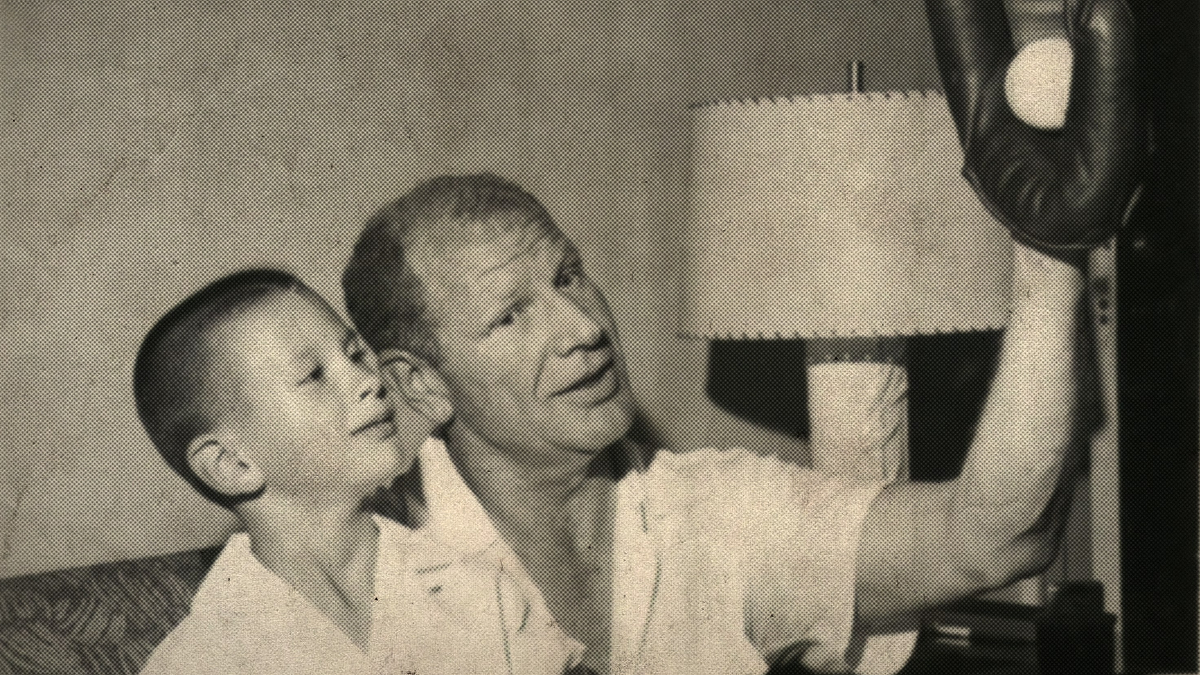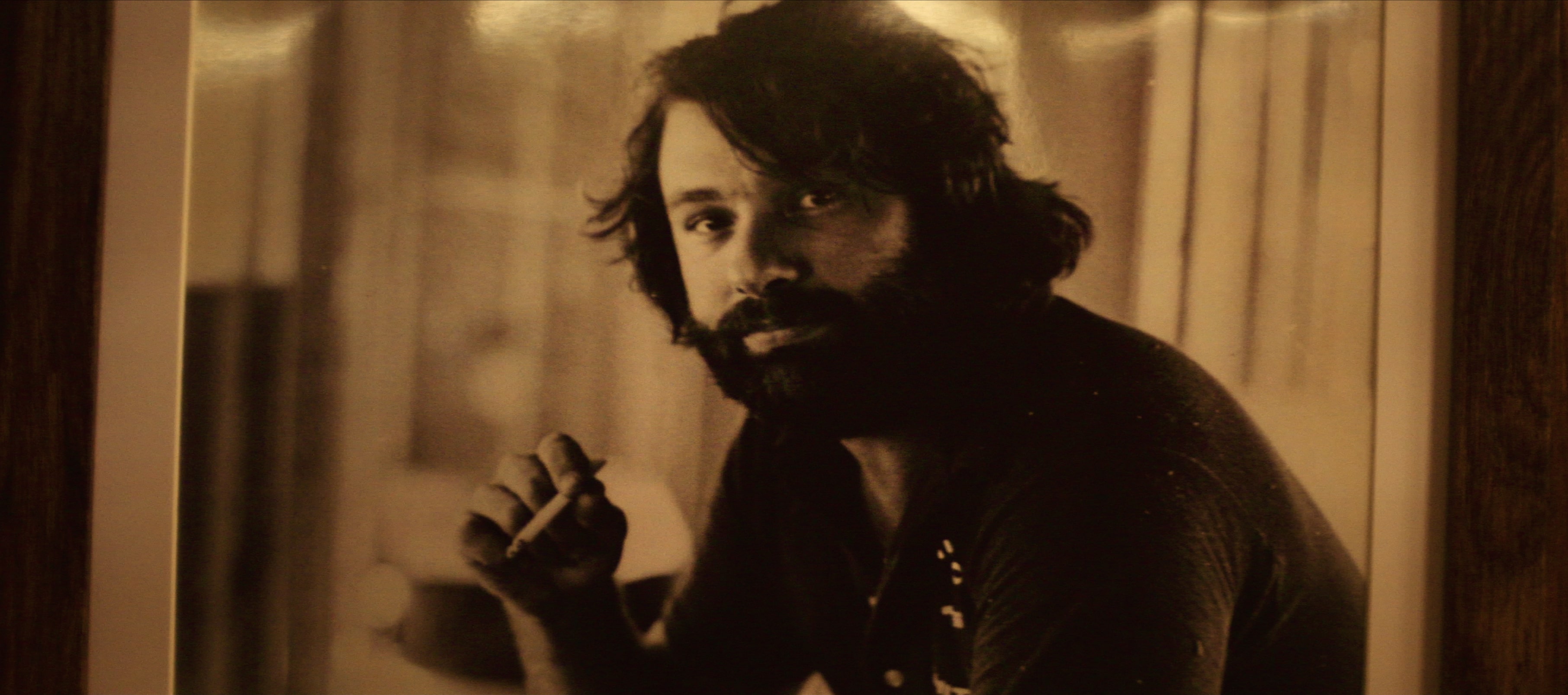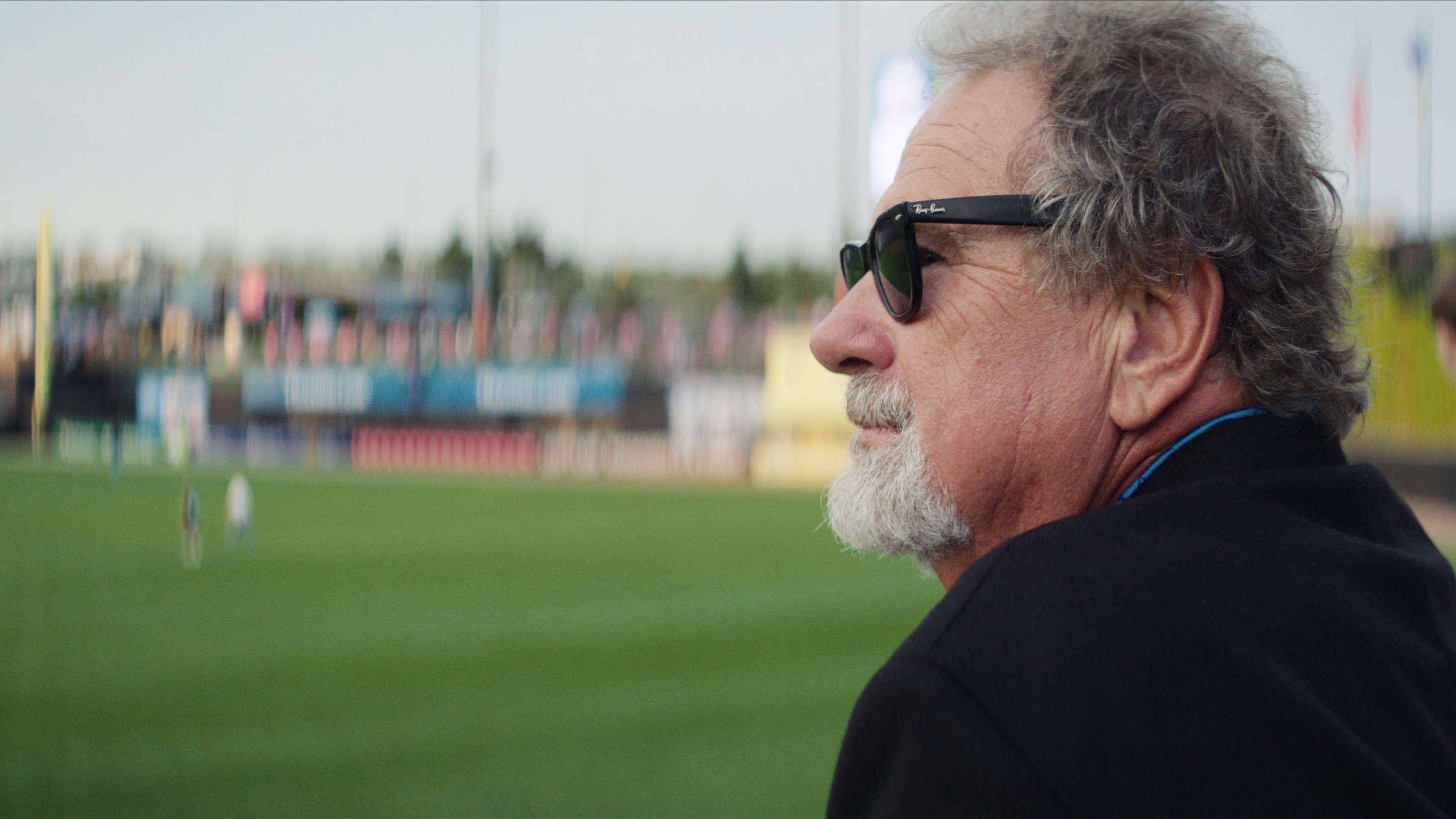Mike Veeck: Where is Bill Veeck’s Son Now?
As a documentary film living up to its title in every way conceivable, Netflix’s ‘The Saint of Second Chances’ can only be described as equal parts baffling, intriguing, sentimental, and quirky. That’s because it revolves around baseball executive Michael “Mike” Veeck as he opens up regarding not just his rebound from disaster but also his familial connections…
As a documentary film living up to its title in every way conceivable, Netflix’s ‘The Saint of Second Chances’ can only be described as equal parts baffling, intriguing, sentimental, and quirky. That’s because it revolves around baseball executive Michael “Mike” Veeck as he opens up regarding not just his rebound from disaster but also his familial connections in a way like never before. So now, if you simply wish to learn more about him — with a focus on his entire career trajectory, personal experiences, as well as current standing — we’ve got the necessary details for you.
Who is Mike Veeck?
Although born on March 5, 1951, in Chicago, Illinois, to Mary Ackerman and William “Bill” Veeck Jr. as their eldest of six, Mike essentially grew up a happy middle child in a blended brood of nine. The truth is he had elder half-siblings from his father’s first marriage to Eleanor Raymond, but they all reportedly shared a positive bond thanks to the patriarch’s fun way of navigating matters. Bill was actually known to prioritize relationships, joy, and entertainment over everything, which was something he’d likely learned from his own father, only to later inadvertently instill it in his kids too.

We specifically mentioned two former generations owing to the undeniable fact they are the reason Mike stepped into the baseball industry in the first place — he hails from a line of legends. While his grandfather was a sportswriter turned Chicago Cubs President, his father was a Franchise Owner/Promoter for the Cleveland Indians, St. Louis Browns, plus White Sox at various times. However, it’s imperative to note Bill wasn’t wealthy; he’d admittedly “hustled” to purchase the Sox in 1975, resulting in his passionate son Mike getting A big break as de facto Head of Promotions.
Mike was great at this—at least, until the fateful night of July 12, 1977, when he staged a Disco Demolition event and all hell broke loose. Mike thought this was a clever way to provide a flip-side to the club’s prior disco-celebration evening. What he didn’t realize was that he’d devised an idea that was immensely popular to rowdy young people, who showed up in droves and, in-between the evening doubleheader’s two games, stormed the field and wreaked havoc. Mike took the fall for the fiasco, and a year later, Bill was compelled to sell the team.

Nevertheless, in the following years, Mike managed to return to this incredible world through minor league baseball, and he has been doing wonders since. He did have to deal with the loss of his daughter to Batten’s disease along the way but he managed to stick to his work and continues to do wonders. With the support of his wife Libby, Mike took his shot with the enthusiasm and creativity he’d inherited from his “pied piper” dad, employing every and any trick in the book — he brought back joy to a sport by making it clear it’s never all about the money, anything goes.
Where is Mike Veeck Now?
At the age of 72, Mike is still a prominent part of the baseball world as the co-owner of at least five minor-league clubs, plus he has held executive positions in major clubs too. Moreover, from what we can tell, this creative sales, marketing, and promotions specialist is also a restauranter, a public speaker, as well as an author. As if that’s not enough, he currently runs the employee engagement consulting firm Fun Is Good too, which provides workshops, seminars, and corporate entertainment, to help businesses build a positive environment to increase employee engagement.

Coming to Mike’s opinion on the recent documentary, he recently told People ‘it was emotional for him to “realize how close to the bone it hits,” but ultimately, “having to relive it brought more closure than I ever could have imagined.” He continued, “The most important thing to me was that the movie be uplifting, and there are moments of great sadness, and there are moments of great joy, but it’s a movie for everyone. I think that the greatest accolade that art can get is when life actually duplicates it.”